Western Bulk Herbs – Agrimony
Agrimony has an old reputation as a popular herbal remedy for minor sores, healing jaundice and other liver complaints as well as working well on wounds, snake bites, and warts. It has also been used as an astringent for pimples and face blemishes.
Latin Name:
Agrimonia Eupatoria
Common Names:
Agrimony, Church steeples, Cocklebur, Sticklewort, Philanthropos
Parts Used:
Airal parts
Properties:
Agrimony contains volatile oil and bitter principle as well as tannin and astringent tonic and diuretic properties.
Traditional Uses:
Agrimony is used as a “spring” tonic for healthy people to help purify the blood. It’s been used as an aid to recovery from colds, fevers, and diarrhea. In the form of a lotion, it can be used on minor sores and ulcers and if used as a strong decoction it can be applied to sores, blemishes and pimples to great affect because of its astringent action. You can also use it as an herbal mouthwash and gargle.
Internal Applications:
It can be made into a tea, tincture, capsules, decoction, lotion, and an astringent (face wash). Use 10 to 60 drops a day.
Topical Applications:
Agrimony is also a very useful for skin eruptions and diseases of the blood, pimples, blotches, etc. A strong decoction of the root and leaves, sweetened with honey, has been taken successfully to alleviate sores, taken two or three times a day, in doses of a wineglassful, continually for several months.
Culinary Uses:
Steep 1 teaspoon of dried leaves and flowers in one cup of hot water for 15 minutes. Add honey to taste.
Chemical Properties:
The aerial parts of the plant contain condensed tannins with small amounts of ellagitannins and traces of gallotannins. It also contains some 20% polysaccharides, plus triterpenoid, and ursolic acid has been isolated. Silicic acid, traces of essential oil, and the flavonoids luteolin and apigenin have also been found. Agrimony contains vitamin K, B1 and ascorbic acid. Agrimony is used widely in Europe as a mild astringent particularly against inflammation of the throat, gastroenteritis and intestinal catarrh.
Cautions:
GRAS – Generally Recognized as Safe. This herb can be safely consumed when used appropriately. Possible, but rare problems with photosensitivity. Avoid if constipation exists.
Folk Lore:
The name Agrimonia might be from Greek origin of “agremone” that refers to plants which supposedly healed cataracts of the eye. Its ancient uses include treatment for catarrh (mucous membrane inflammation with discharge), bleeding, and tuberculosis and skin diseases. Culpepper (1652) recommended its use gout as ‘either used outwardly in an oil or ointment, or inwardly, in an electuary or syrup, or concreted juice. Culpepper stated in his herbal, ‘The decoction of the herb, made with wine and drunk, is good against the biting and stinging of serpents . . . it also helpeth the colic, cleanseth the breath and relieves the cough. A draught of the decoction taken warm before the fit first relieves and in time removes the tertian and quartian ague.’
*Disclaimer: These statements have not been evaluated by the Food and Drug Administration. This product is not intended to diagnose, treat, cure or prevent any disease.
Resourses:
PDR for Herbal Medicines, 2000. Medical Economics Company, Montvale, New Jersey.
The New Holistic Herbal. David Hoffmann, 1990. Barnes and Noble Books, New York.
Chinese Herbal Medicine: Materia Medica, Third Edition, Dan Bensky and Andrew Gamble, 1986. Eastland Press, Seattle, WA.
Major Herbs of Ayurvedic.Compiled by Dahur Research Foundation and Dahur Ayurvet Limited, Ghaziabad, India., 2002. Churchill Livingstone, London, England.
Drug Contraindications and Drug InteractionsFrancis Brinker, N.D., 2001. Electric Medical Publication, Sand Oregon.
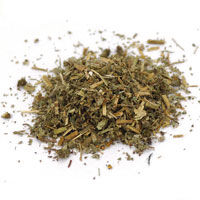

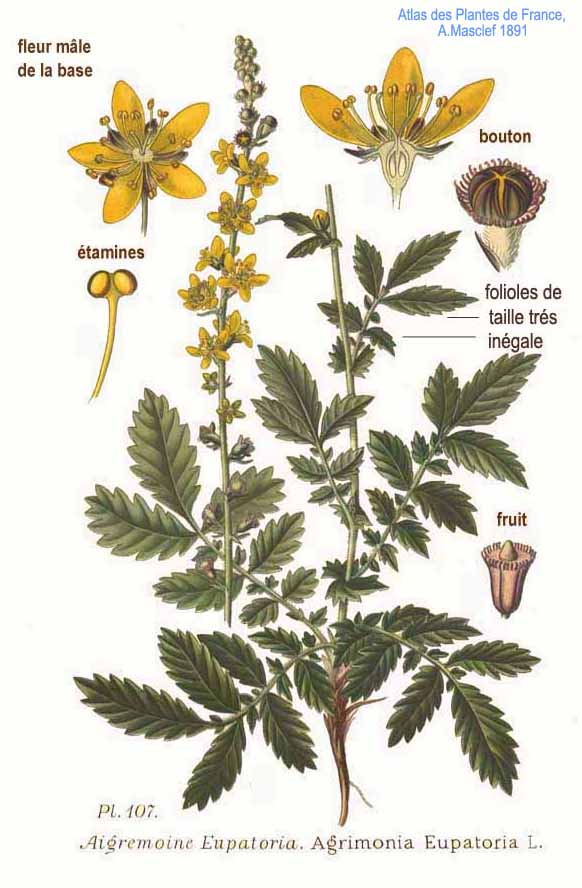
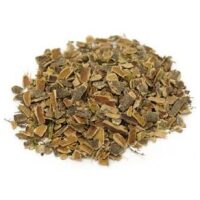
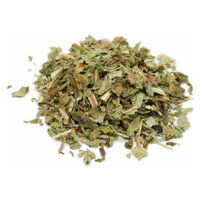
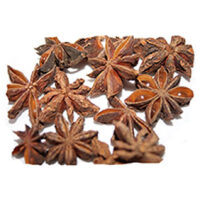
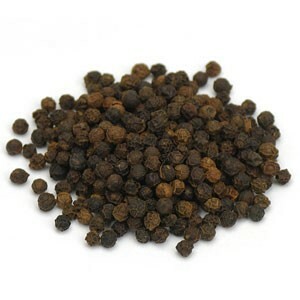
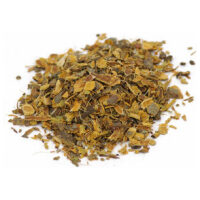
Reviews
There are no reviews yet.